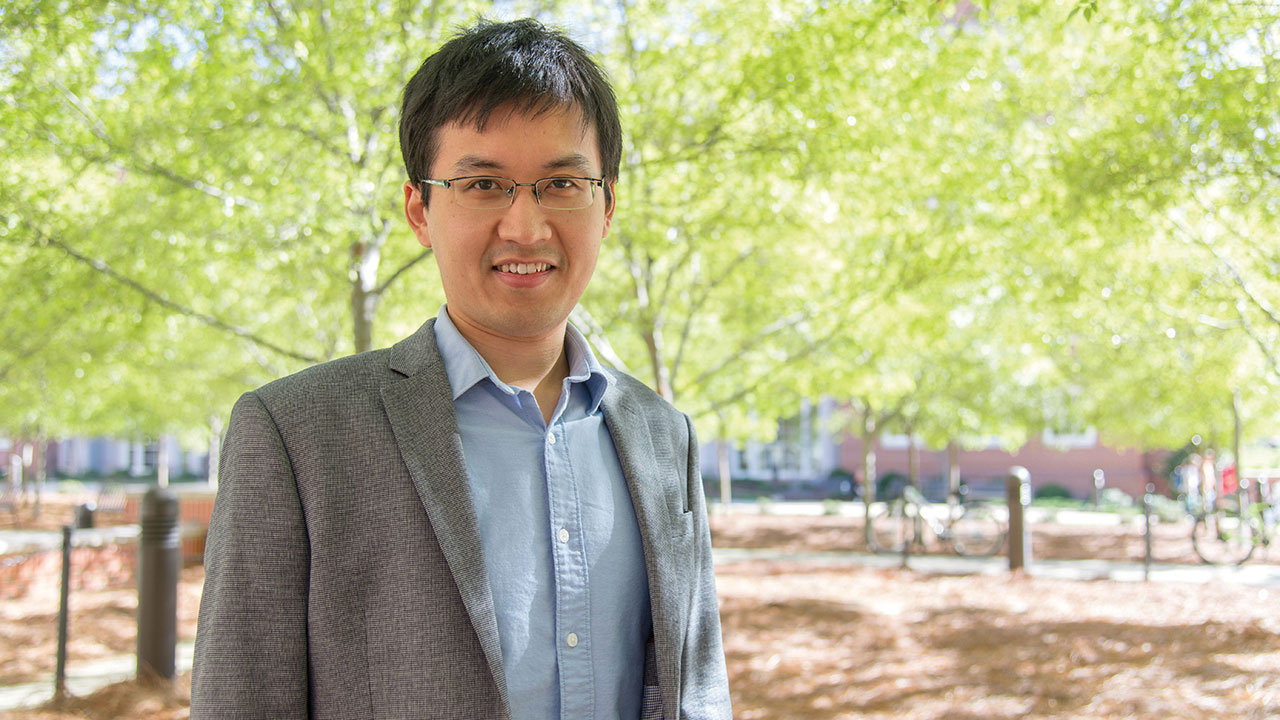Artificial intelligence is breaking new ground at Auburn University. Associate Professor Xiaowen Gong in the Electrical and Computer Engineering (ECE) department is pioneering a method that allows smart devices to collaborate on AI projects, regardless of how fast or slow their network connections are. This advancement is set to revolutionize how we use AI, especially in areas with unreliable internet speeds.

Empowering Devices to Build Better AI Models
Gong’s innovation turns network limitations from a barrier into a manageable constraint. His research demonstrates that even with limited connection quality, smart devices—such as phones, tablets, and IoT gadgets—can pool their data and processing power to enhance AI learning. This means more efficient, secure, and robust AI models can be created without relying on high-speed internet.
Transforming the Future of AI
By enabling devices to work together regardless of connection speed, Gong’s approach could make AI more accessible and reliable across different environments. From rural communities to bustling cities, this technology promises to level the playing field, ensuring everyone benefits from the latest AI advancements.
Sources:
Auburn University ECE News
















